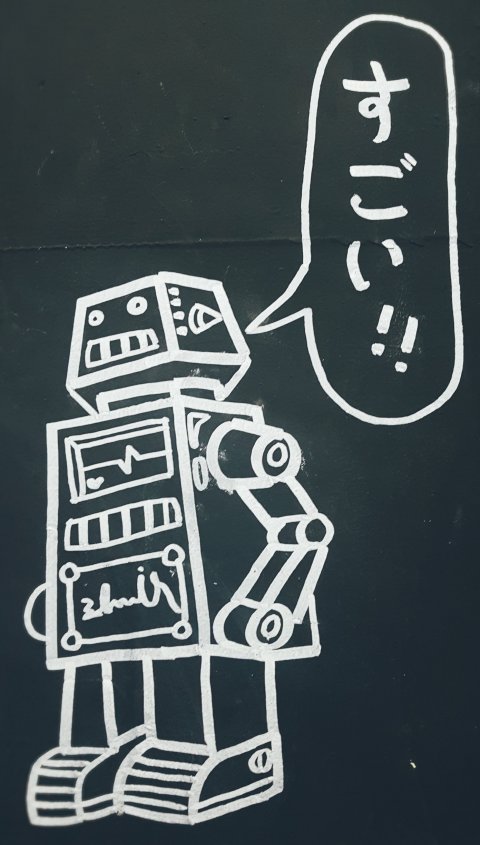News • Addressing coronavirus vaccine hesitancy
Covid-19: Could a chatbot help overcome vaccine concerns?
French researchers have found that addressing concerns related to the Covid-19 vaccination via a chatbot interface might be capable of swaying the vaccine-hesitant.

Image source: Unsplash/수안 최
The research from the French research institutions CNRS, INSERM, and ENS-PSL was published in the Journal of Experimental Psychology.
Vaccine hesitancy is one of the major challenges in containing the Covid-19 pandemic. Previous studies have revealed that mass communication—through short messages relayed by television or radio—is not a very effective means of persuading the hesitant. In contrast, discussing your particular concerns with an expert whom you trust can be more persuasive, but having a face-to-face talk with every vaccine-hesitant individual is impractical.
To overcome this problem, a team of cognitive scientists from the Institut Jean-Nicod (CNRS / ENS-PSL) and the Laboratoire de Neurosciences Cognitives et Computationnelles (INSERM / ENS-PSL) created a chatbot that provides users with answers to 51 common questions about Covid-19 vaccines.
Chatbots have the advantage of offering quick, personalized Q and A sessions while reaching a large number of people. The team tested their chatbot with 338 individuals and compared their reactions to those of a control group of 305 participants who only read a brief paragraph that gave information about Covid-19 vaccines. After a few minutes of interaction with the chatbot, the number of participants with positive views of vaccination increased by 37%. People were also more open to getting vaccinated after using the chatbot: declarations of vaccine refusal fell 20%. Such changes in attitude were negligible in the control group.
Recommended article

Article • Measles
Vaccine hesitancy threatens global health
Globally, a trend of falling public trust in vaccines is alarming health officials and the World Health Organisation (WHO) lists vaccine hesitancy as one of the top 10 threats to global health. The UK’s Wellcome Trust 2018 Global Monitor – a survey of more than 140,000 people in over 140 countries – highlighted regions where confidence in vaccinations is lowest.
It remains to be shown whether the effects of chatbot interaction are lasting, and whether they are the same across age groups, and among those most resistant to vaccination. Nevertheless, this study has demonstrated that a chatbot can indirectly reach a very large audience: half of the experimental group later tried to persuade others to get vaccinated, with three-quarters of them stating they drew on information provided by the chatbot to do so.
These findings suggest that a chatbot regularly updated to reflect the latest vaccine science could be an effective tool to help reduce vaccine hesitancy.
Source: Inserm
29.10.2021










